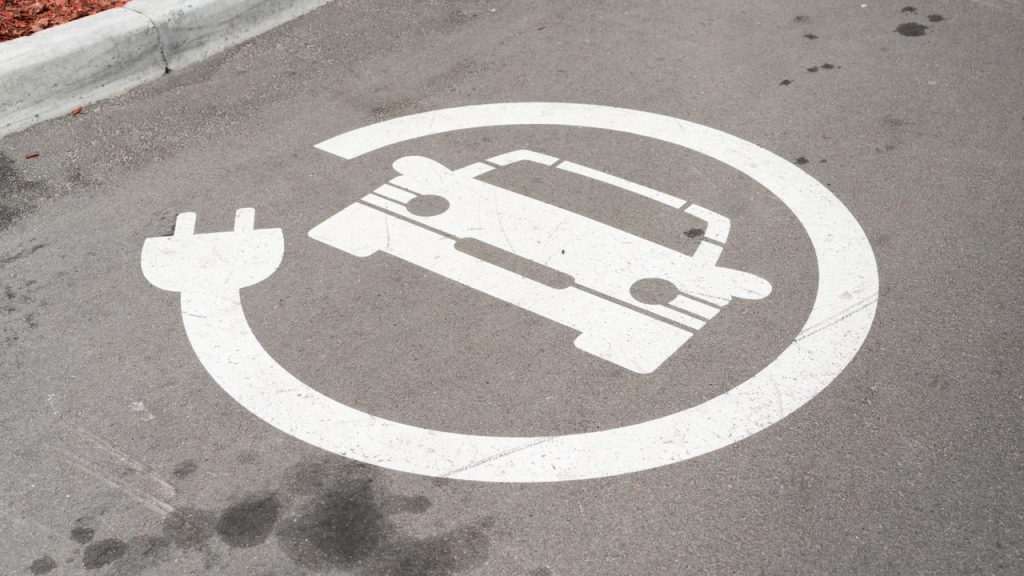Electric Vehicle Battery Recycling and Sustainability
As the demand for electric vehicles (EVs) continues to rise, so does the concern for the sustainability of their batteries. Electric vehicle batteries are essential components that power these vehicles, but what happens to them once they reach the end of their life? This article explores the importance of battery reconditioning and recycling in promoting a sustainable future for electric vehicles.
End-of-Life Batteries
Electric vehicle batteries have a limited lifespan, typically ranging from 8 to 15 years, depending on usage and other factors. Once these batteries reach the end of their life, they can no longer provide the required power and range for the vehicle. However, this does not mean that they are completely useless.
End-of-life batteries still retain a significant amount of energy storage capacity, making them valuable resources that can be repurposed. Instead of disposing of these batteries in landfills, proper management and recycling can help extract their remaining value and reduce environmental impact.
Battery Reconditioning
Battery reconditioning is a process that aims to restore the performance and capacity of used electric vehicle batteries. This process involves several steps, including testing, cleaning, and replacing faulty components. By reconditioning batteries, their lifespan can be extended, reducing the need for new battery production and minimizing waste.
Reconditioned batteries can be used in various applications, such as energy storage systems for homes and businesses. This not only provides a second life for the batteries but also contributes to the overall sustainability of the electric vehicle ecosystem.
Battery Recycling
While battery reconditioning can extend the lifespan of electric vehicle batteries, there will still come a time when recycling is necessary. Battery recycling involves the extraction of valuable materials, such as lithium, cobalt, and nickel, from used batteries. These materials can then be used to manufacture new batteries or other products.
Proper battery recycling is crucial for reducing the environmental impact of electric vehicles. It helps conserve valuable resources, reduces the need for raw material extraction, and minimizes the release of harmful substances into the environment.
The Importance of Battery Recycling
Battery recycling plays a vital role in promoting the sustainability of electric vehicles. By recycling end-of-life batteries, we can:
- Reduce the demand for new battery production, which requires significant amounts of energy and resources.
- Minimize the environmental impact of mining raw materials, such as lithium and cobalt, which are often associated with destructive practices.
- Prevent the accumulation of hazardous materials in landfills, reducing the risk of soil and water contamination.
- Conserve valuable resources by reusing extracted materials in the production of new batteries and other products.
Conclusion
As the popularity of electric vehicles continues to grow, it is crucial to address the sustainability of their batteries. Battery reconditioning and recycling are essential practices that can help extend the lifespan of electric vehicle batteries and reduce environmental impact. By embracing these practices, we can contribute to a more sustainable future for electric vehicles and the planet as a whole.


